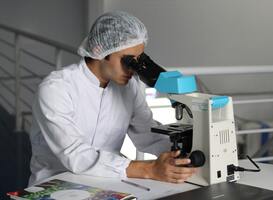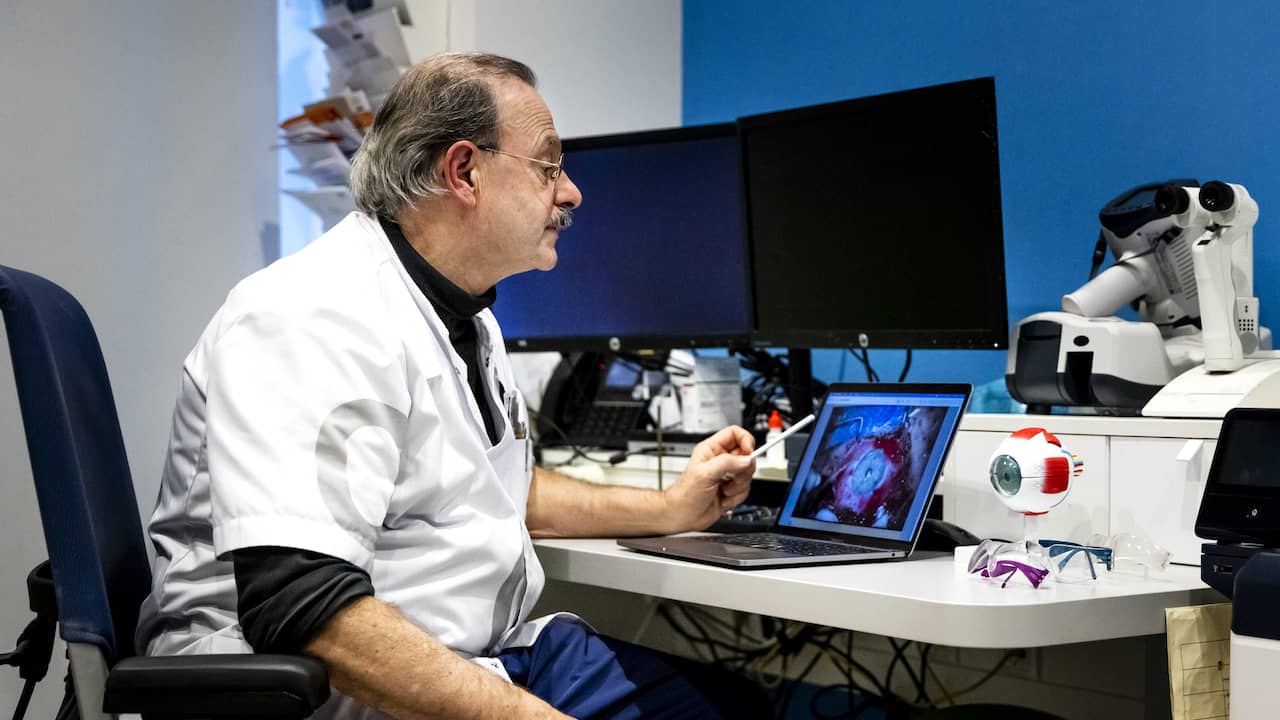Diagnosing prostate cancer is done by a prostate biopsy, in which small pieces of tissue are taken from the prostate. During such a biopsy, the doctor in most cases punctures the prostate through the intestine. Gut bacteria can cause a prostate or urinary tract infection. To prevent an infection, patients are given the antibiotic ciprofloxacin first. But this drug doesn’t work in all patients, because the intestinal bacteria have become increasingly insensitive to it. The result is more infections after the prostate biopsy, putting patients at risk for serious disease. This can lead to blood poisoning, hospitalization and, in rare cases, death.
Researchers at the Radboud University Medical Center therefore wanted to find out whether it would be better to prescribe tailor-made antibiotics for patients whose intestinal bacteria are resistant to the usual treatment. This turned out to be the case, says research physician Sofie Tops: “One group of patients received the standard treatment with ciprofloxacin. In the other group, we studied who had gut bacteria that are insensitive to this drug. Those patients received custom-made antibiotics. In this second group we saw 2.5% of infections within seven days of the biopsy, in the standard treatment group 4.3%”.
Six times greater risk of infection
When the researchers looked at just the group that received the standard antibiotic, a clear difference emerged. There, 14.7 percent of men with insensitive gut bacteria developed an infection, versus 2.4 percent of men with susceptible gut bacteria. This means that patients with refractory gut bacteria who received the standard antibiotic were six times more likely to develop an infection after prostate biopsy than patients with susceptible gut bacteria. A big difference, agrees Tops. “This shows that tailored antibiotics can help reduce infections after prostate biopsy.”
However, some of the patients who used a custom-made antibiotic still developed an infection. Tops and her colleagues suspect this is due to the amount of gut bacteria. “We want to investigate this further. There is also another way to reduce the risk of an infection. It has proven effective to disinfect the intestine with iodine before the study. We don’t do it enough. If we combine this with antibiotics, tailor can further reduce the risk. This is important not only in the Netherlands, but also in the rest of the world, where antibiotic resistance is a major problem in some parts.”
By: National Care Guide


